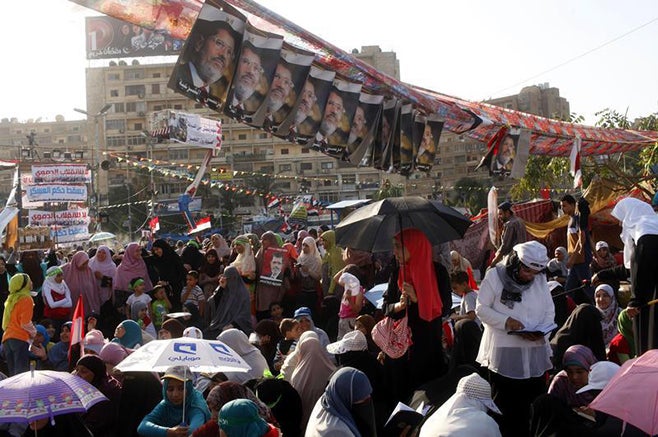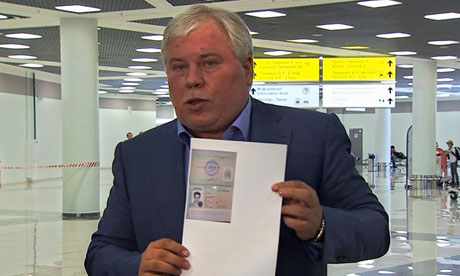By Erica Smith
Impunity Watch Reporter, Africa
KINSHASA, Democratic Republic of the Congo — The UN peacekeeping force in the DRC, or Monusco, issued a stern warning on Tuesday to rebel groups in the city of Goma in eastern DRC; The warning gave rebel groups 48 hours to hand over weapons or face military force. Monusco wishes to set up a security zone that spans from Goma to the nearby city of Sake, about 17 miles in total, where no one but peacekeepers or Congolese army personnel will be allowed to carry weapons. The area is home to more than 1 million people, including 70,000 who have been displaced by the recent renewal in fighting.

The Monusco warning does not specify any one group but it is widely believed to be targeted towards the M23 rebels. Fighting between the army and M23 has resumed since mid- July and the group has been particularly active in the area since last year when it held Goma for ten days in November. Anyone carrying a weapon after 4 pm local time on Thursday will be considered “an imminent threat of physical violence to civilians and Monusco will take all necessary measures to disarm them, including by the use of force in accordance with its mandate and rules of engagement,”.
Monusco has accused M23 of killing and displacing civilians. “In these attacks … M23 has used indiscriminate and indirect fire, including by heavy weapons, resulting in civilian casualties,” the statement said. “The M23 has also targeted U.N. installations with its fire.”
The new Monusco warning comes after the UN authorized a new “intervention brigade” in March. The intervention brigade is authorized to take all necessary measures to protect civilians from harm. Humanitarian groups worry that adding another militarized group into the conflict will only escalate violence. Oxfam’s humanitarian program coordinator in Congo, Tariq Riebl issued a statement urging the UN to use caution when enforcing their disarmament demands and not make a “a bad situation much worse.”
Amani Kabasha, a civilian spokesman for M23, told the AP that he did not believe the warning would apply to the M23 because M23 has agreed to peace talks and rebel leaders considered themselves to be partners of the government and welcomed the disarmament plan.“MONUSCO can attack armed groups that spread terror here, indeed it is long overdue,” Kabasha said. “I do not think we are affected by this measure because we are the partners of the Congolese government in making peace.”
For further information, please see:
The Gazette — East Congo residents protest UN security zone around Goma, say help needed elsewhere — 2 August 2013
Aljazeera — DRC rebels dismiss UN deadline to disarm — 1 August 2013
The Guardian — UN gears up for DRC offensive as Goma laments escalating violence — 1 August 2013
Euro News — UN sends ultimatum to M23 rebels in DRC to leave Goma or face force — 31 July 2013
The New York Times — U.N. Warns It Will Disarm Congo Rebels — 31 July 2013
BBC News — DR Congo unrest: UN orders Goma to be arms-free — 30 July 2013
Washington Post — UN Congo mission to establish security zone in Goma, says it will use force to disarm rebels — 30 July 2013
The New York Times — U.N. Approves New Force to Pursue Congo’s Rebels — 28 March 2013



